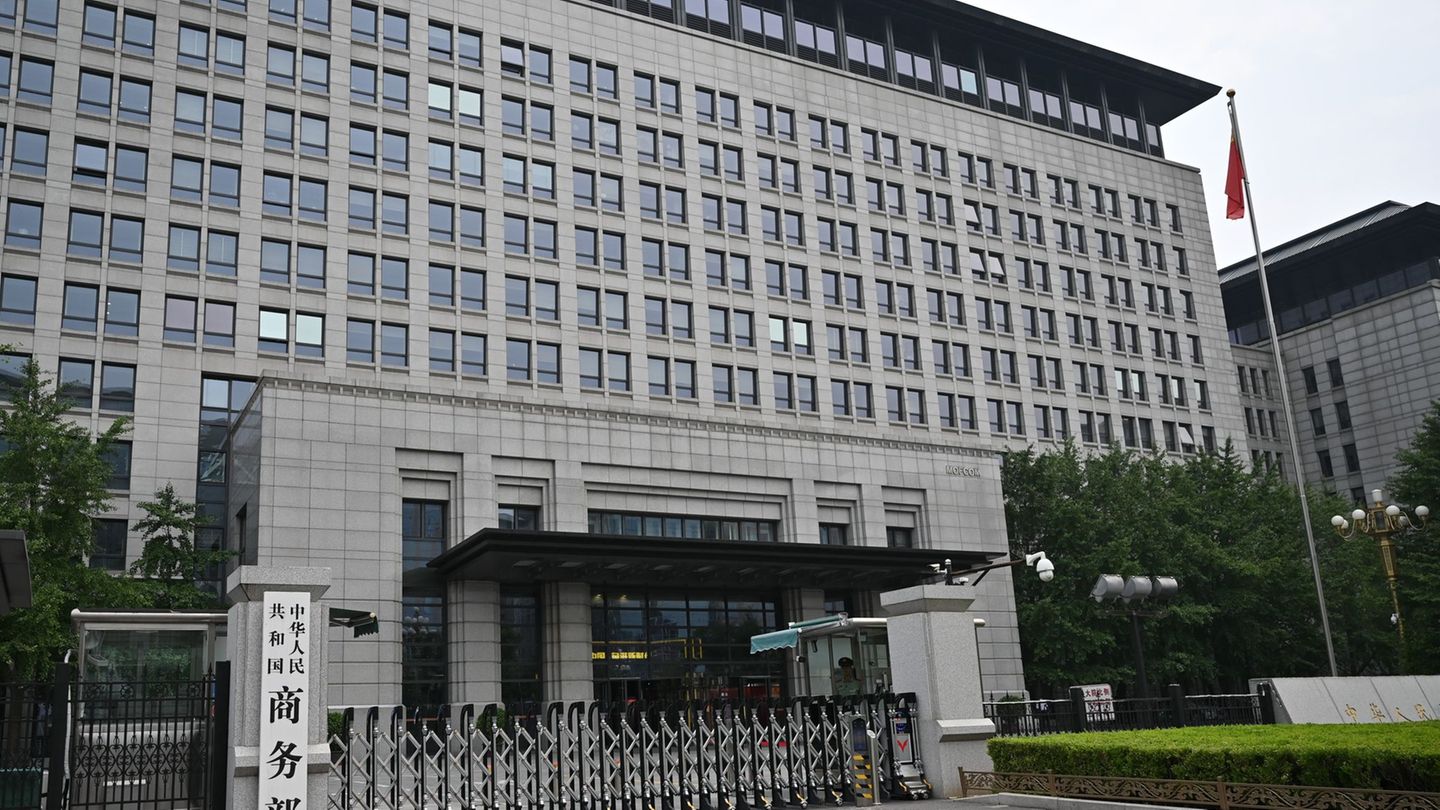The IMF agreed a loan of US$ 271 million to one of the most deteriorated economies in East Africa.
Decades go by but the practices are sustained. He International Monetary Fund (IMF)), whose latest report called for a liberalization of the national economy while progress continues to renegotiate the payment of the Argentine debt with the organization, closed a new agreement with Burundi that involves intervening in the economy of this country located in East africa.
The content you want to access is exclusive to subscribers.
Burundiwith a population close to 13 million inhabitantswas formed as a presidential democratic republic with a legislative body whose internal tensions persist and materialize in attempts to Coup. The agricultureespecially coffee, cotton and corn, are its economic pillars although it has one of the lowest GDP in the worldwith US$ 2.78 million in 2021. The International Fund for Agricultural Development (IFAD) estimated that 70% of the population is below the line of the poverty and that almost 90% resort to agriculture for nutritional self-sustenance.


Therefore, the agreement that is being negotiated with the IMFwhich will grant you an Expanded Credit Service of US$271 millionrepresents a significant injection for its economy, although the commitments assumed by the president Evariste Ndayishimiye, military career and elected in 2020, imply structural reforms.
IMF agreement with Burundi: what were the requirements
- Unification of the official exchange ratederegulating commercial and financial operations that until now were sanctioned and repressed.
- Elimination of import restrictionsremittance of profits and obstacles for the cancellation of obligations of local companies with external creditors.
- Tax reform to broaden the taxable base of taxes, representing a rise from 26.2% to 31.1% of GDP in one year.
- public spending cutfrom 35% to 27.7% of GDP in five years.
- Reduction of the primary deficit from 6.4% of GDP to 1.8% by the end of 2024.
- Reduction of the fiscal deficit from 8.9% of GDP to 3.3% in one year.
- Encouragement of remittancesfrom Burundian citizens abroad.
- Deregulation of the foreign exchange market.
- tariff opening for private sector initiatives.
- Incentive to the privatization processinterrupted after the 2015 coup attempt. In 2019, the Government of Burundi nationalized important players in the production of coffee and tea.
IMF suggestions for Argentina
in his last Annual Report on the Foreign Sectorwhich collects monetary and economic data from the different countries involved in its portfolio, the IMF expressed that Argentina suffers from “high vulnerabilities of the external debtthe international reserves precariously low and the lack of access to international capital markets”.
In this sense, the body led by Kristalina Georgieva pointed to the country’s need to implement “macroeconomic policies prudent policies that strengthen the external current account and reserve coverage to ensure external sustainability”.
Subsequently, they suggested “remove multi-currency practices and exchange restrictions” and impose “tighter fiscal and monetary” policies since they considered that they are “necessary to guarantee the trade surpluses expected and improve the coverage of reserves”.
Finally, they analyzed that “the possible political responses are pro-growth fiscal consolidation” but that these must be combined with “a simplified exchange regime” to moderate the growth of the domestic demandreinforce the balance of tradereconstitute the international reservesrecover the market access and guarantee the fiscal and external debt sustainability”.
Source: Ambito




